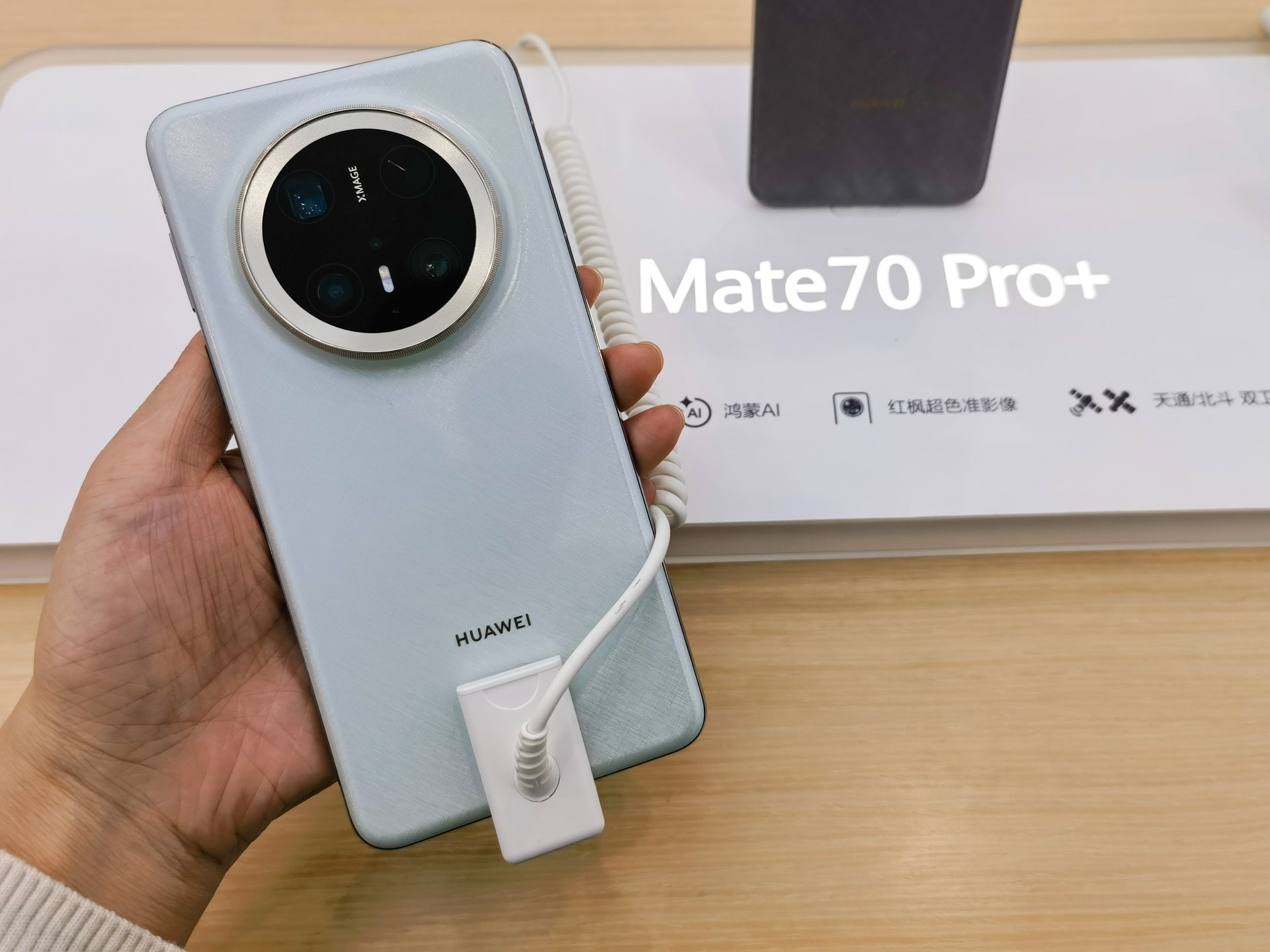China's top smartphone player is still years behind the U.S.
Huawei's Mate 70 Pro Plus smartphone chip is made with the same processor technology as its Mate 60 from last year, researchers found

Despite its comeback to compete with Apple in the Chinese smartphone market, Huawei’s latest smartphone shows it is still years behind, researchers found.
Suggested Reading
In November, the Chinese tech giant launched its Mate 70 smartphone series, including the Mate 70 Pro Plus, which is powered by a Kirin 9020 processor. The chip, however, uses 7-nanometer processing technology — the same process node used in the Mate 60 that it released last August, according to a teardown by researchers at TechInsights.
Related Content
The 7-nanometer process node means Huawei is about 5 years behind Taiwan Semiconductor Manufacturing Company (TSM), the manufacturing partner to Nvidia (NVDA) and Apple (AAPL), which released its first 7-nanometer chip in 2018.
In April, U.S. Secretary of Commerce Gina Raimondo said Huawei’s Mate 60 signaled that U.S. export controls on advanced technology “are working because that chip is not nearly as good” and “years behind what we have in the United States.”
“We were expecting to find the Kirin 9100 chipset in the Mate 70 line-up,” TechInsights said, adding that China’s Semiconductor Manufacturing International Corporation, which manufactures chips for Huawei, was rumored to have used 5-nanometer processing technology for the chip.
TSMC, which makes a majority of the world’s advanced chips, has said it expects volume production of 2-nanometer chips in 2025 — three generations ahead of Huawei.
Meanwhile, Huawei’s next two Ascend processors are being designed with the 7-nanometer process, Bloomberg reported in November. The stalled efforts are reportedly due U.S.-led export controls that don’t allow Huawei’s Chinese chipmaking partners to get extreme ultraviolet lithography machines from the Netherlands-based ASML (ASML). In October, TechInsights took apart Huawei’s Ascend 910B chip and found TSMC-made technology — a possible violation of U.S. trade restrictions.
At the same time, SMIC is reportedly having issues producing steady yields — or the amount of functional chips it can produce per manufacturing process — of 7-nanometer chips. One person told Bloomberg that Huawei may not have enough chips for AI and smartphones in the next few years.